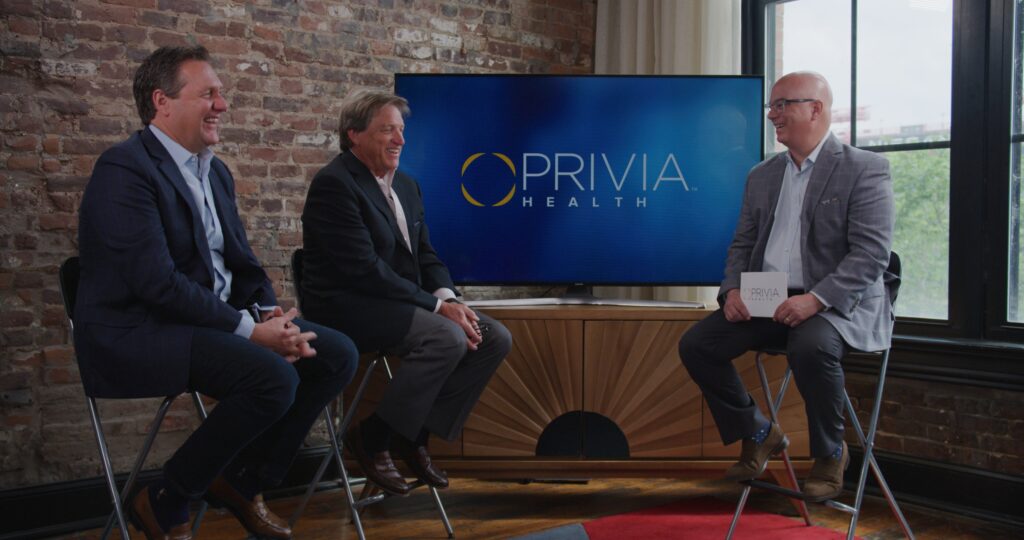Privia Health CEO Shawn Morris examines value-based care’s evolution, obstacles, and impact on independent physicians and health systems.
More: Health Policy & Regulation
How can we elevate independent pediatricians to improve health outcomes, drive value-based care, and overcome obstacles, such as workforce shortages and burnout?
The U.S. healthcare system contributes to about 10 percent of the nation’s global carbon footprint. However, the tenets of value-based care may reduce our carbon emissions while improving patient outcomes.
How can progressive health systems harness disruption and leverage their reputation to thrive amid healthcare’s evolution and uncertainty? Privia Health’s Chief Business Development Officer Mike Flammini analyzes the concept of “strategic incumbency” and its impact on physician alignment.
How can we extract insights from the past to optimize healthcare in the future? See Privia Health CEO Shawn Morris’s deep analysis of 2021 and bold predictions for 2022. From advancing value-based care to reducing burnout, experimenting with “virtual-first” plans to improving cybersecurity, his expert examination uncovers healthcare’s most vital trends, critical challenges, and promising solutions.
Enjoy this preview of an insightful, engaging discussion between Shawn Morris, CEO of Privia Health, and Paul Keckley, Managing Editor of The Keckley Report. These industry thought leaders tackle healthcare’s most urgent and important issues: President Biden’s healthcare plan, data bias in social determinants of health, physician alignment strategies for health systems, and much more.
Many physicians today are searching for a partner to help boost performance, increase revenue, and reduce administrative burden so that doctors can focus on what they do best: caring for their patients. Privia Health CEO Shawn Morris and Chief Clinical Officer Keith Fernandez, MD, share the top six factors for evaluating a physician enablement organization. From tech-driven to capital-efficient, here are the essential qualities of a high-performance partner!
The Maryland Primary Care Program (MDPCP) equips physicians with the tools, technology, resources, and financial incentives to advance value-based care, improve health outcomes, and reduce costs. Siobhan Kirksey, MSN, RN, examines how states can learn from this innovative, proven model.
The end of once-promising joint venture Haven can teach us about the challenges of innovation and disruption in healthcare. How can three vital lessons inform our approach moving forward?
Despite having influence in over 90 percent of healthcare costs, the U.S. only invests 5 percent of the total budget in primary care. How can we invest in primary care to increase access and enhance the patient experience?


















